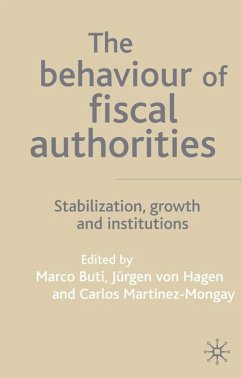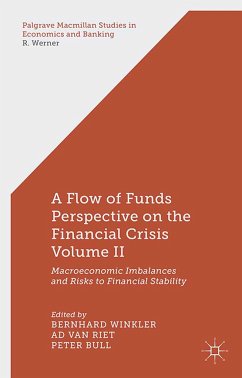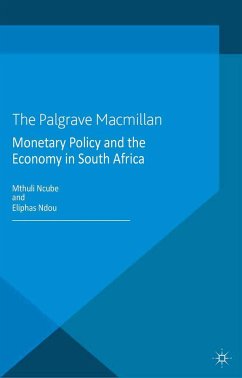
Catching the Flu from the United States
Synchronisation and Transmission Mechanisms to the Euro Area

PAYBACK Punkte
19 °P sammeln!
Looking at historical cross-country interactions, this book examines the role of the US in the world economy. Illustrating that US shocks tend to have a global nature and that Monetary Union only partially shelters the Euro area from its external environment, the US should fully assume its responsibility, minimizing shock transmission.














